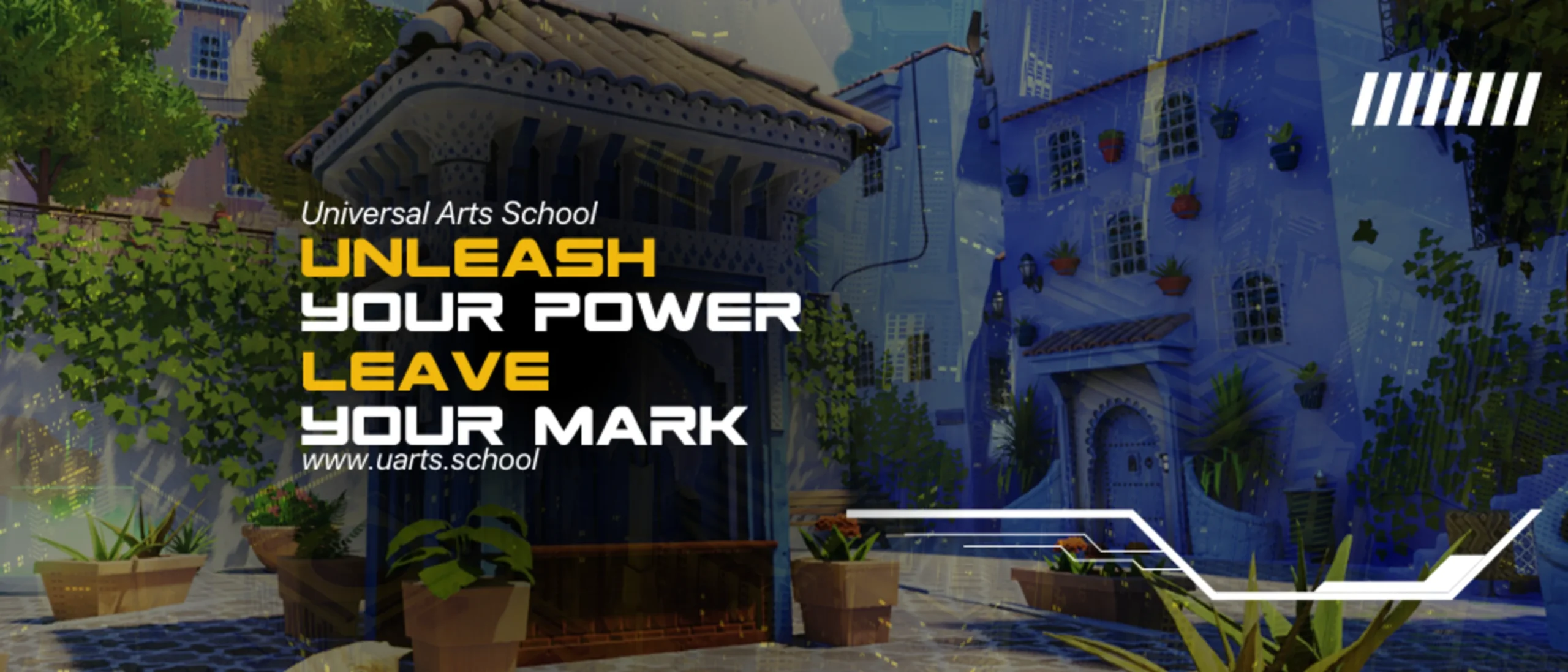
Games Built on Public Domain Works: Pros and Cons
In the vast and ever-evolving world of gaming, developers are constantly looking for new ways to create captivating and engaging experiences for players. One trend that has been gaining popularity in recent years is the adaptation of public domain works into video games. Public domain works are creative works such as books, music, and art that are no longer protected by copyright and are free for anyone to use and adapt. By using public domain works as the foundation for their games, developers can tap into a rich source of inspiration and create unique gaming experiences that are familiar mc modded server hosting yet fresh.
One of the biggest advantages of building games on public domain works is the wealth of material available. From classic literature like Jane Austen’s “Pride and Prejudice” to iconic characters like Sherlock Holmes and Dracula, the public domain offers a treasure trove of beloved stories and characters that players already know and love. By leveraging these familiar elements, developers can create games that have built-in appeal and a ready-made fan base.
Another benefit of using public domain works in gaming is the flexibility it offers developers. With no copyright restrictions to worry about, developers have the freedom to put their own spin on classic stories and characters, reimagining them in new and exciting ways. This can lead to innovative gameplay mechanics, fresh storytelling approaches, and creative interpretations that breathe new life into old tales.
However, building games on public domain works also comes with its own set of challenges and potential drawbacks. One of the main concerns for developers is the risk of oversaturation and lack of originality. With so many games based on the same public domain works, there is a danger of repetition and homogenization, leading to a market flooded with similar titles that fail to stand out from the crowd.
Another issue to consider is the potential for controversy and backlash. By adapting public domain works into games, developers run the risk of offending fans of the original works or facing accusations of cultural appropriation or disrespect. It’s important for developers to approach these adaptations with care and sensitivity, respecting the source material while also bringing something new and exciting to the table.
In conclusion, building games on public domain works can be a rewarding and creative endeavor for developers looking to tap into a rich source of inspiration and create unique gaming experiences. By leveraging familiar stories and characters in new and innovative ways, developers have the opportunity to create games that resonate with players on a deep and emotional level. However, it’s important for developers to approach these adaptations thoughtfully and carefully, taking into account the potential challenges and pitfalls that come with adapting public domain works into games. With the right approach and mindset, games based on public domain works have the potential to captivate players and breathe new life into beloved stories for generations to come.
